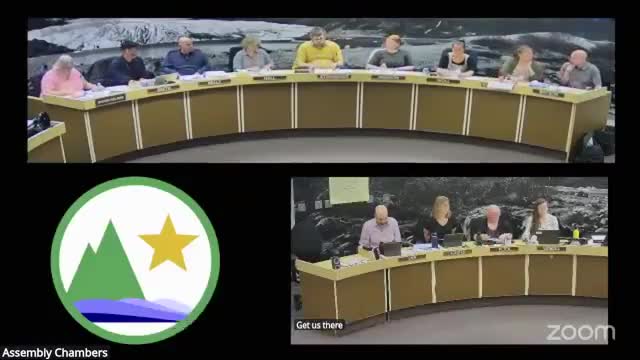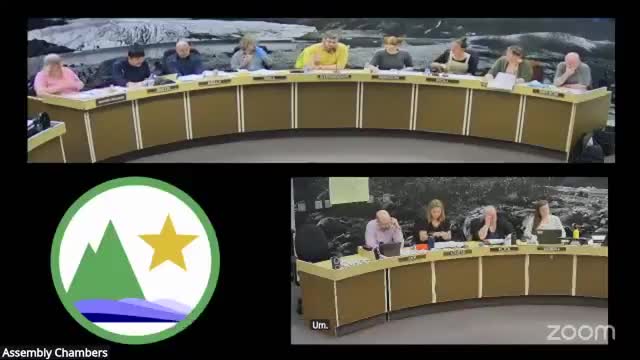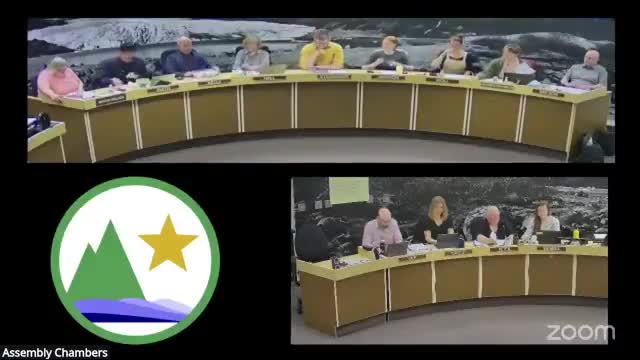Article not found
This article is no longer available. But don't worry—we've gathered other articles that discuss the same topic.

Finance committee advances CIP, budget ordinance amendments and utility bond proposal; approves private-dock reimbursement through FY26

Finance committee moves seasonal sales-tax plan to full assembly for public hearings

